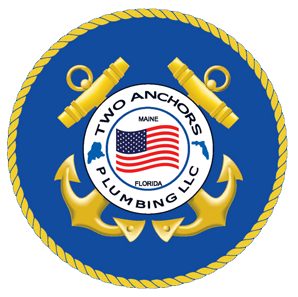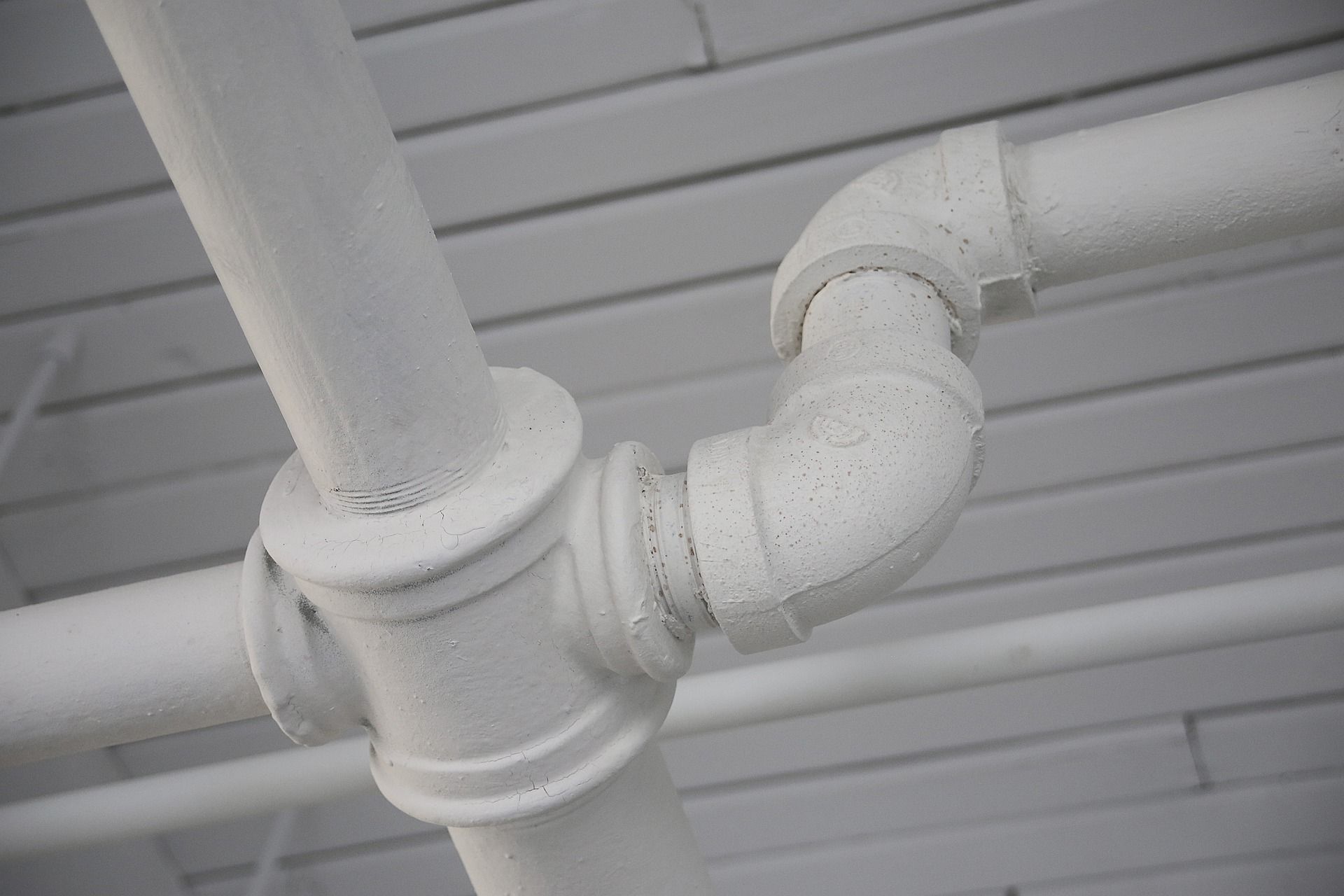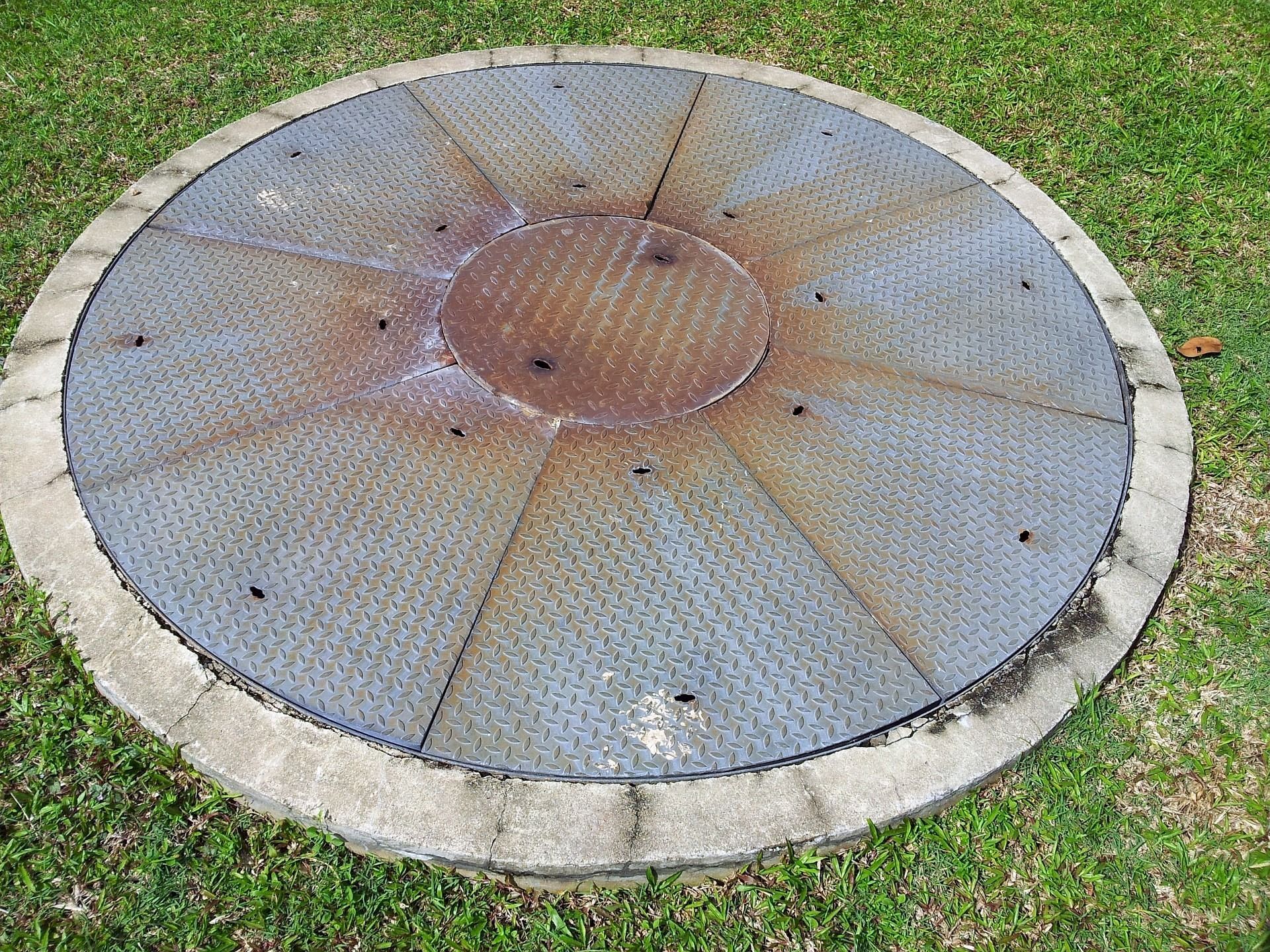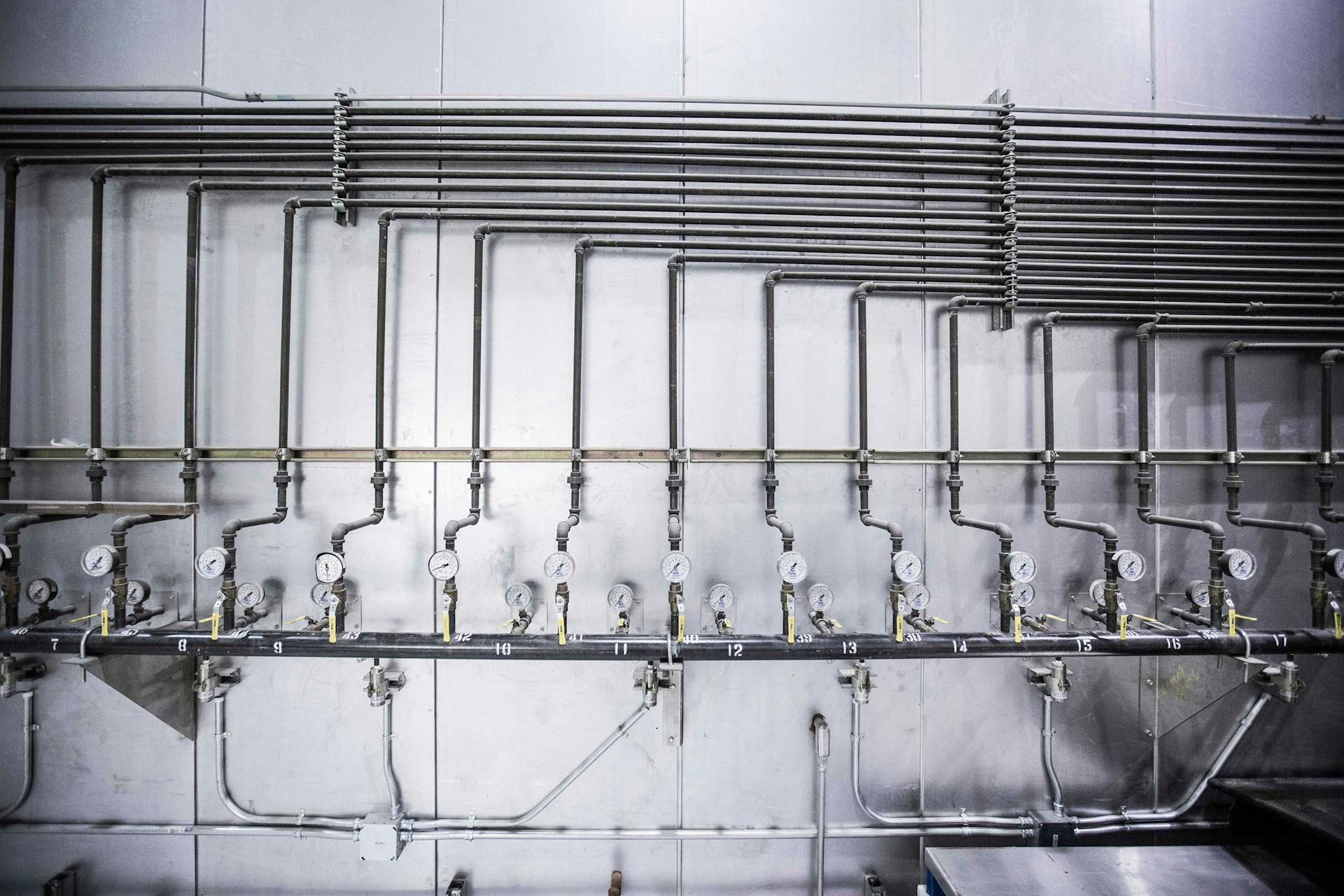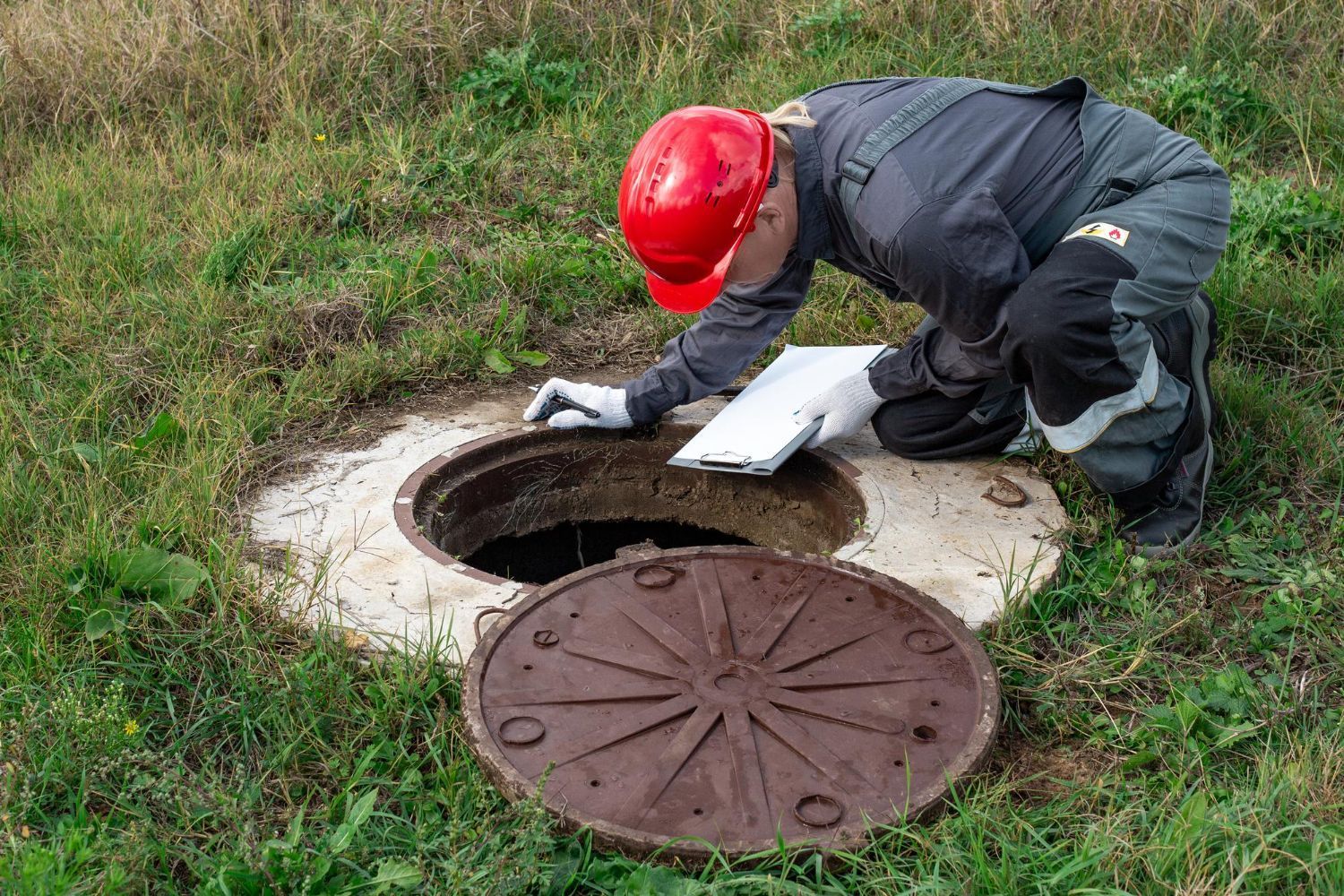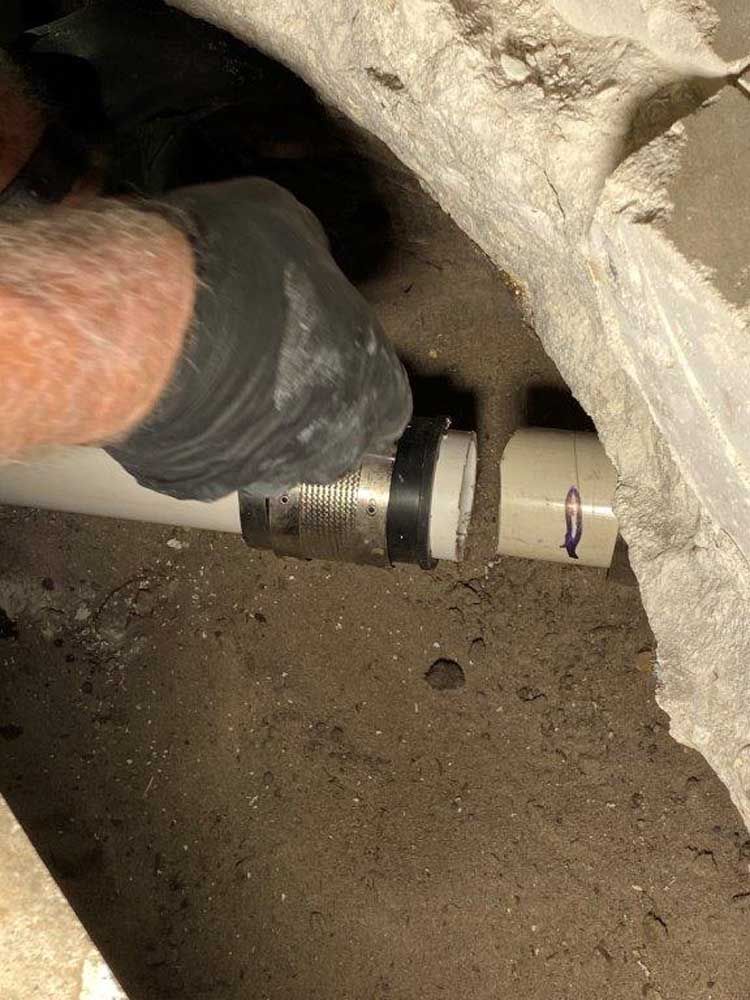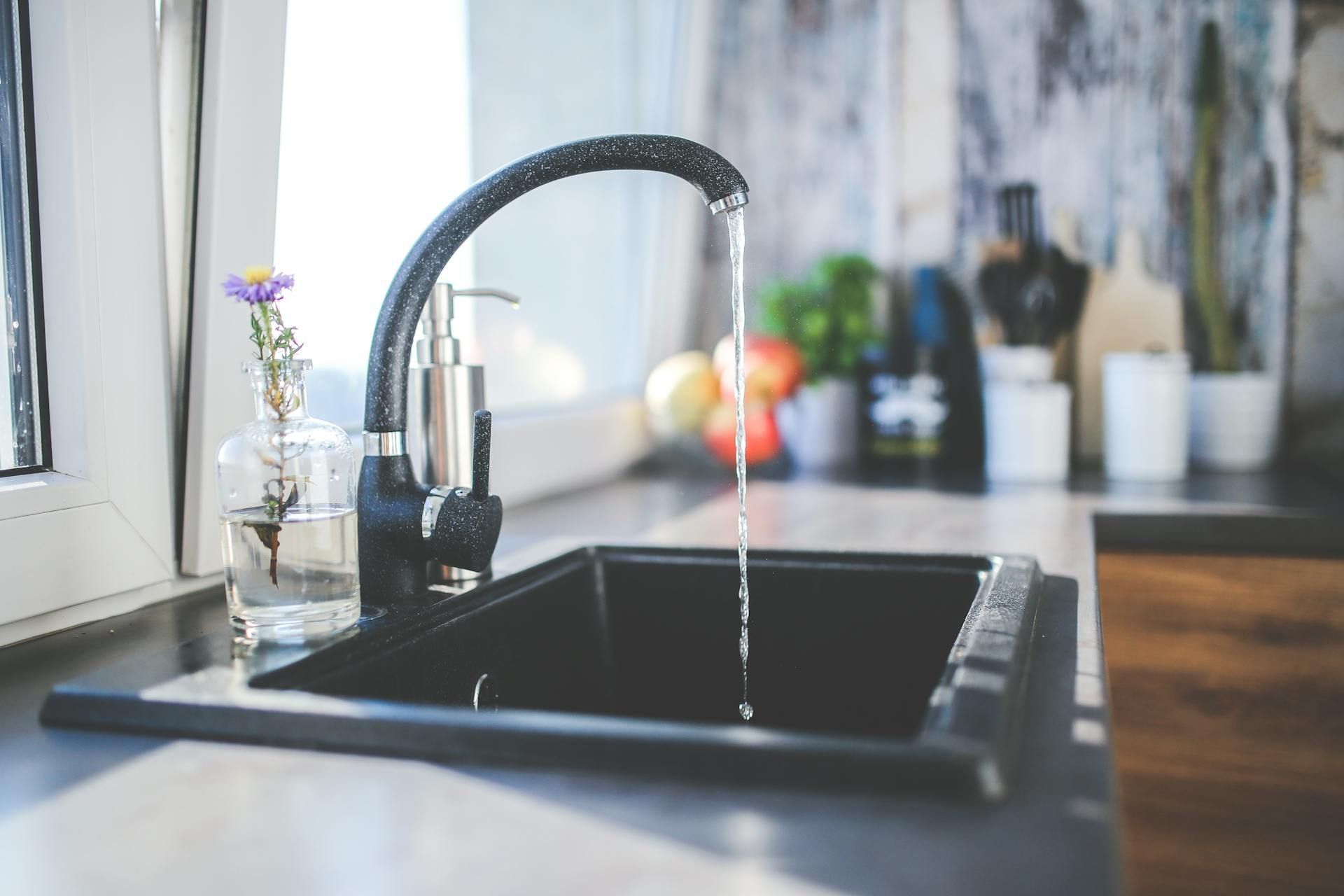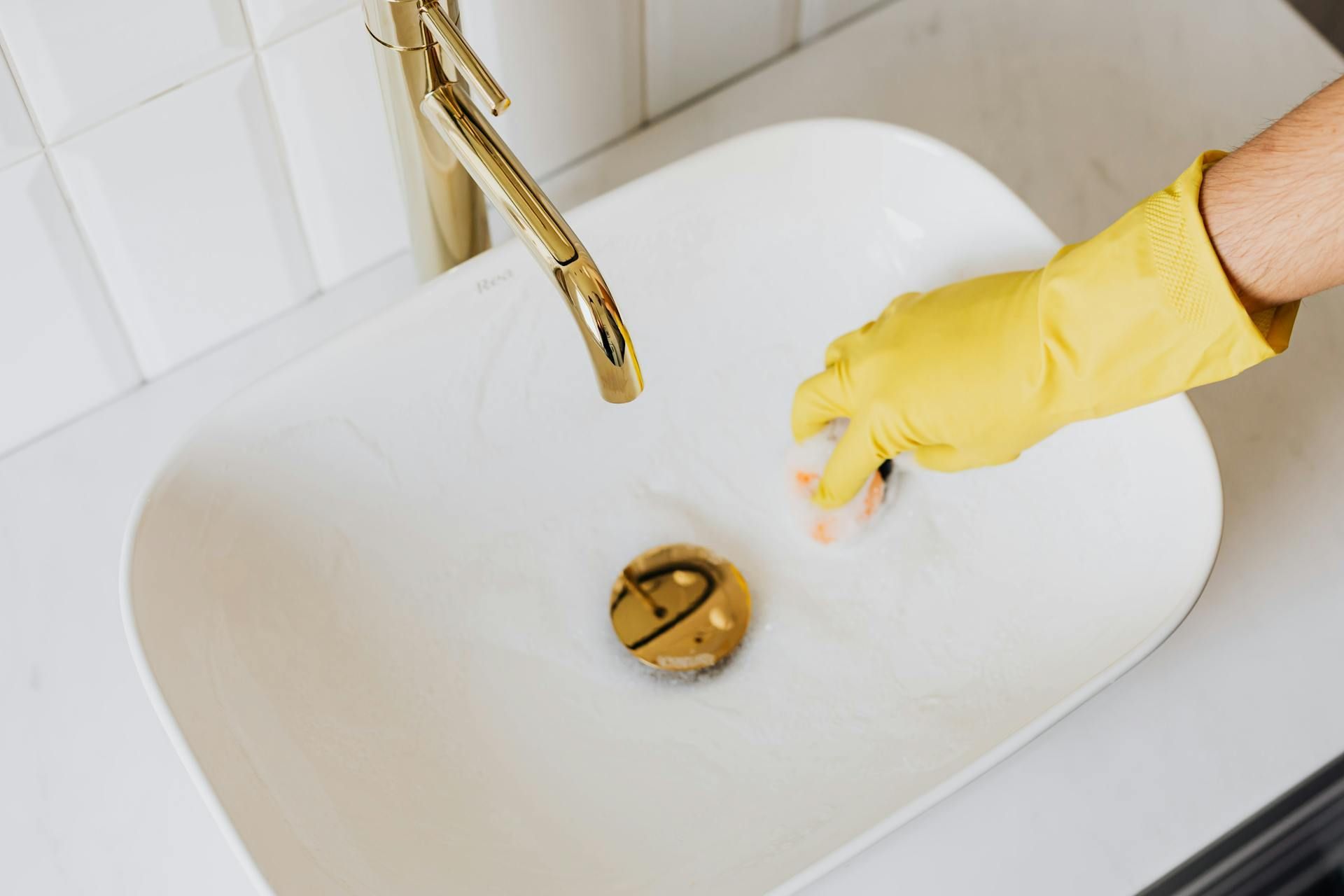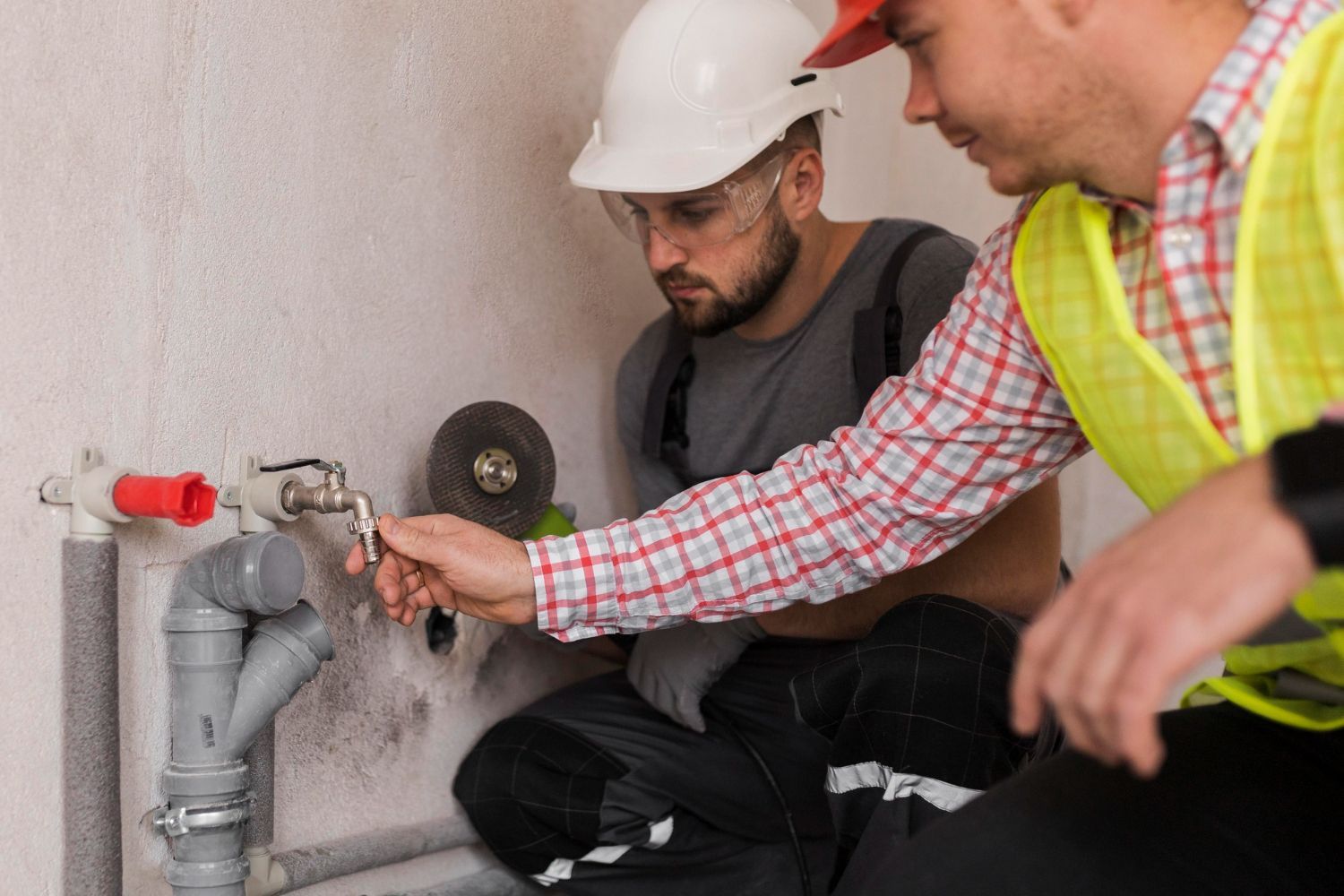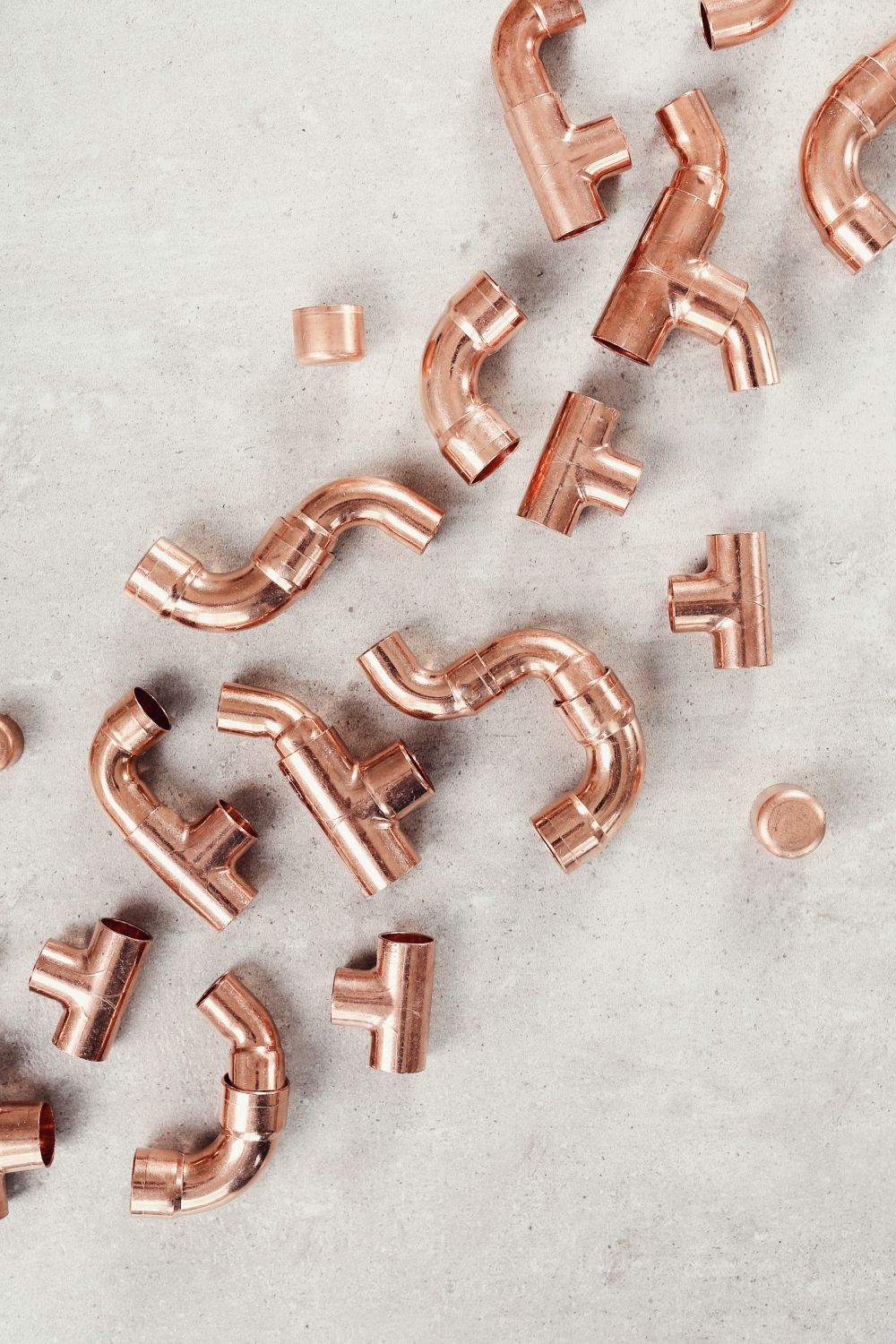What to do When you Have a Clogged Sewer Line
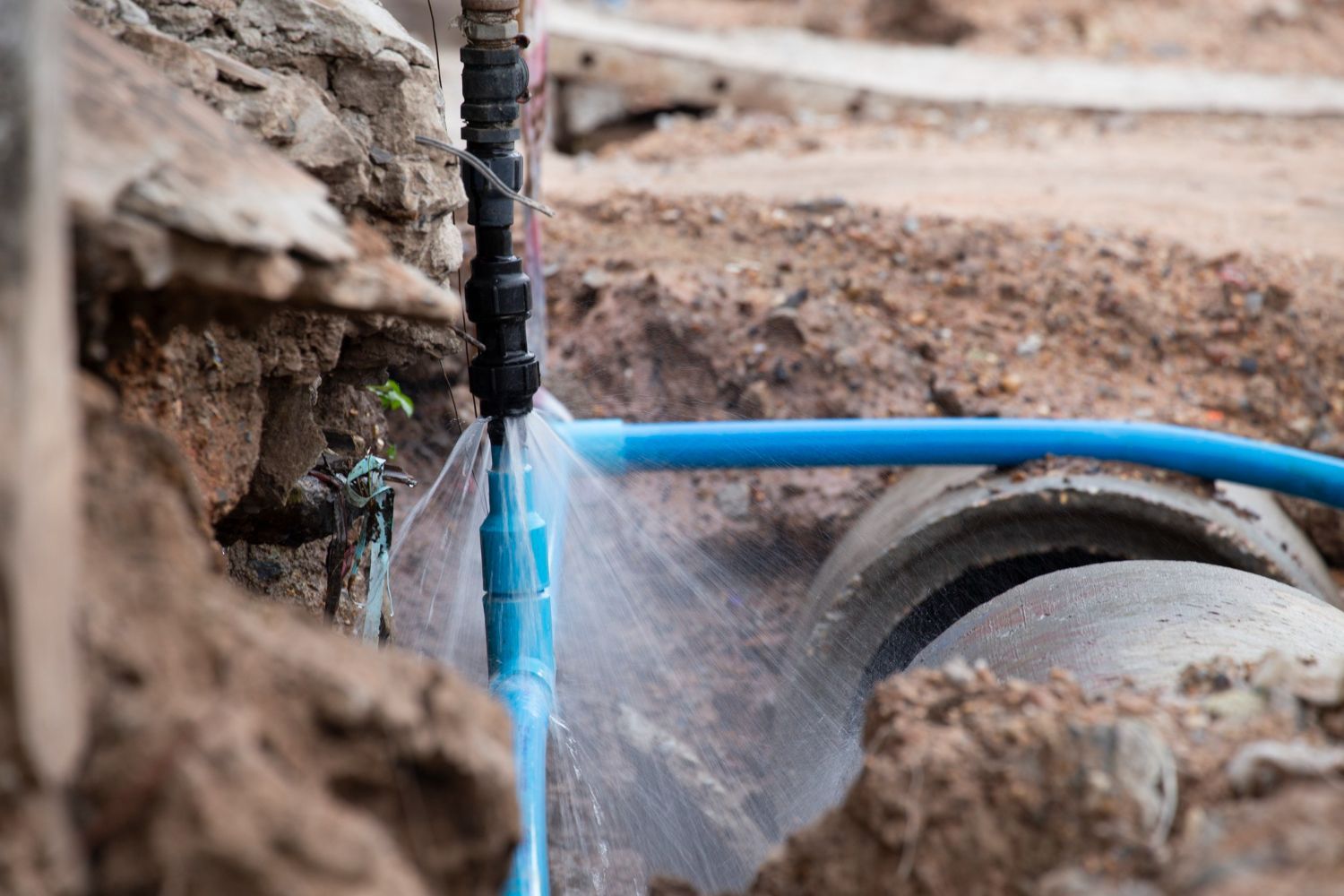
A clogged sewer line is a homeowner's nightmare, causing inconvenience, unpleasant odors, and potential damage to your property. Whether it's a minor blockage or a more serious issue, knowing how to address a clogged sewer line can save you time, money, and stress.
Dealing with a clogged sewer line is a challenging and potentially messy situation. However, there are steps you can take to address the issue and restore proper drainage. From do-it-yourself techniques to knowing when it's time to call in the professionals, would help a lot.
Learn the common causes of sewer line clogs, discuss warning signs to look out for, and provide practical steps you can take to resolve the problem.
Causes of Clogged Sewer Line
Clogged sewer lines can be caused by various factors, and understanding the common causes can help you prevent them from occurring.
Accumulation of debris
Over time, debris such as hair, soap residue, food particles, and grease can accumulate in the sewer pipes. This buildup can restrict the flow of wastewater and eventually lead to a clog.
Tree roots
Tree roots are a significant cause of sewer line clogs. Roots naturally seek sources of water, and if there are small cracks or joints in your sewer pipes, tree roots can infiltrate and grow inside the pipes, causing blockages and even pipe damage.
Flushing inappropriate items
Flushing non-flushable items down the toilet is a common mistake that leads to sewer line clogs. Items like baby wipes, sanitary products, paper towels, cotton swabs, and even certain types of toilet paper can cause blockages as they do not break down easily in water.
Foreign objects
Accidentally dropping or flushing foreign objects down the drains can also result in clogged sewer lines. Children's toys, jewelry, small clothing items, and other objects can get lodged in the pipes and obstruct the flow of wastewater.
Aging pipes and corrosion
As sewer pipes age, they can deteriorate, corrode, or develop cracks and leaks. These damaged areas can catch debris, causing clogs to form within the pipes.
Improper installation
Poorly installed
sewer lines or incorrect pipe slopes can lead to drainage problems and clogs. If the pipes are not properly aligned or if there are dips or low points, solids may settle and accumulate in those areas, causing blockages.
Heavy rainfall or flooding
During heavy rainfall or flooding, excessive water can enter the sewer system, overwhelming the capacity of the pipes and causing backups and clogs.
Warning Signs
- Slow drainage: If multiple drains in your home, such as sinks, showers, and toilets, are draining slowly or are not draining at all, it could indicate a clog in the sewer line. Water may back up into different fixtures when one is in use.
- Gurgling sounds: If you hear gurgling or bubbling sounds coming from your drains or toilet after using a fixture, it could be a sign of a clogged sewer line. This occurs when air is trapped in the pipes due to the blockage, causing unusual noises.
- Foul odors: A sewer line clog can cause foul smells to emanate from drains, toilets, or the general vicinity of the plumbing system. If you notice persistent sewage-like odors, it may indicate a clog that is preventing proper wastewater flow.
Backups in multiple fixtures: If wastewater or sewage backs up into different fixtures simultaneously or when one fixture is in use, such as water coming up in a bathtub drain when you flush the toilet, it strongly suggests a clogged sewer line. - Changes in water level in toilets: A clogged sewer line can cause fluctuations in the water level of your toilet bowl. You may notice the water level rising higher or lower than usual after flushing, or the water might drain slowly.
- Overflowing cleanouts or sewer cleanout caps: The sewer cleanout is a pipe with a removable cap that provides access to the sewer line for maintenance. If you find water or sewage overflowing from the cleanout or if the cap is pushed off, it indicates a severe clog or blockage.
- Sewage backups or standing water in the basement or yard: If you observe sewage backups or pooling water in your basement floor drains, toilet, or outside in your yard, it can indicate a significant clog or blockage in the sewer line.
How to Solve a Clogged Sewer Line?
Assess the severity of the clog
Determine if the clog is localized to a specific fixture or if it affects multiple drains in your home. This will help you understand the extent of the problem and decide on the appropriate course of action.
Attempt simple remedies
For minor clogs, you can start by using a plunger to try and dislodge the blockage. Create a tight seal around the drain and apply firm, consistent pressure. If the clog is in a sink, try removing the trap underneath and cleaning it out. In some cases, these basic measures can clear the obstruction.
Use a drain cleaner
If plunging doesn't work, you can try a chemical drain cleaner. Be cautious when using these products, as they contain strong chemicals that can be harmful if mishandled. Follow the instructions carefully and avoid mixing different drain cleaners or using them in combination with other substances.
Employ a plumbing snake
If the clog persists, a plumbing snake, also known as an auger, can be effective. Insert the snake into the drain and rotate it to break up or remove the blockage. This tool is particularly useful for tackling more stubborn clogs. Repeat the process as needed.
Call a professional plumber
If your attempts to clear the clog are unsuccessful, or if you're dealing with a recurring issue, it's best to contact a professional plumber. Plumbers have the expertise, experience, and specialized equipment to identify and resolve complex sewer line clogs. They can also perform a thorough inspection of your sewer system to detect any underlying problems or damage.
Take preventive measures
To minimize the risk of future sewer line clogs, consider implementing preventive measures. Avoid flushing non-flushable items down the toilet, such as wipes, paper towels, and feminine hygiene products. Regularly clean drain screens and install drain traps or guards to catch debris before it enters the pipes.
Call a Professional Plumber
Consider reaching out to a professional plumber to assess the situation and provide the appropriate solutions.
Choose
Two Anchors Plumbing for your plumbing needs.
Address: Stuart, FL 34997 | Phone: (772) 210-2084
Copyright © 2023 Two Anchors Plumbing, All Rights Reserved.
